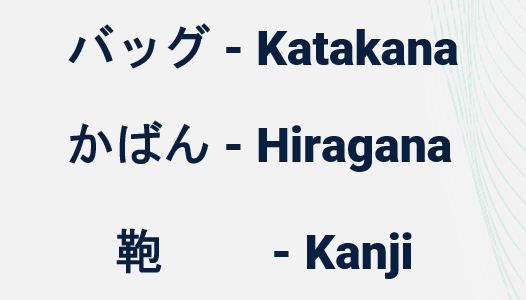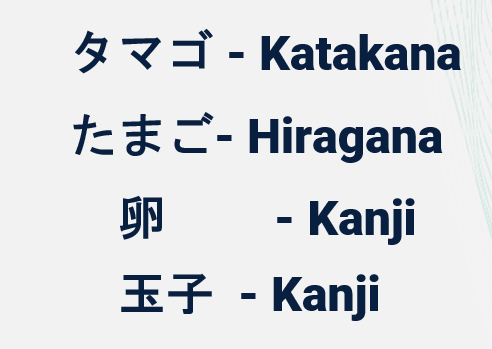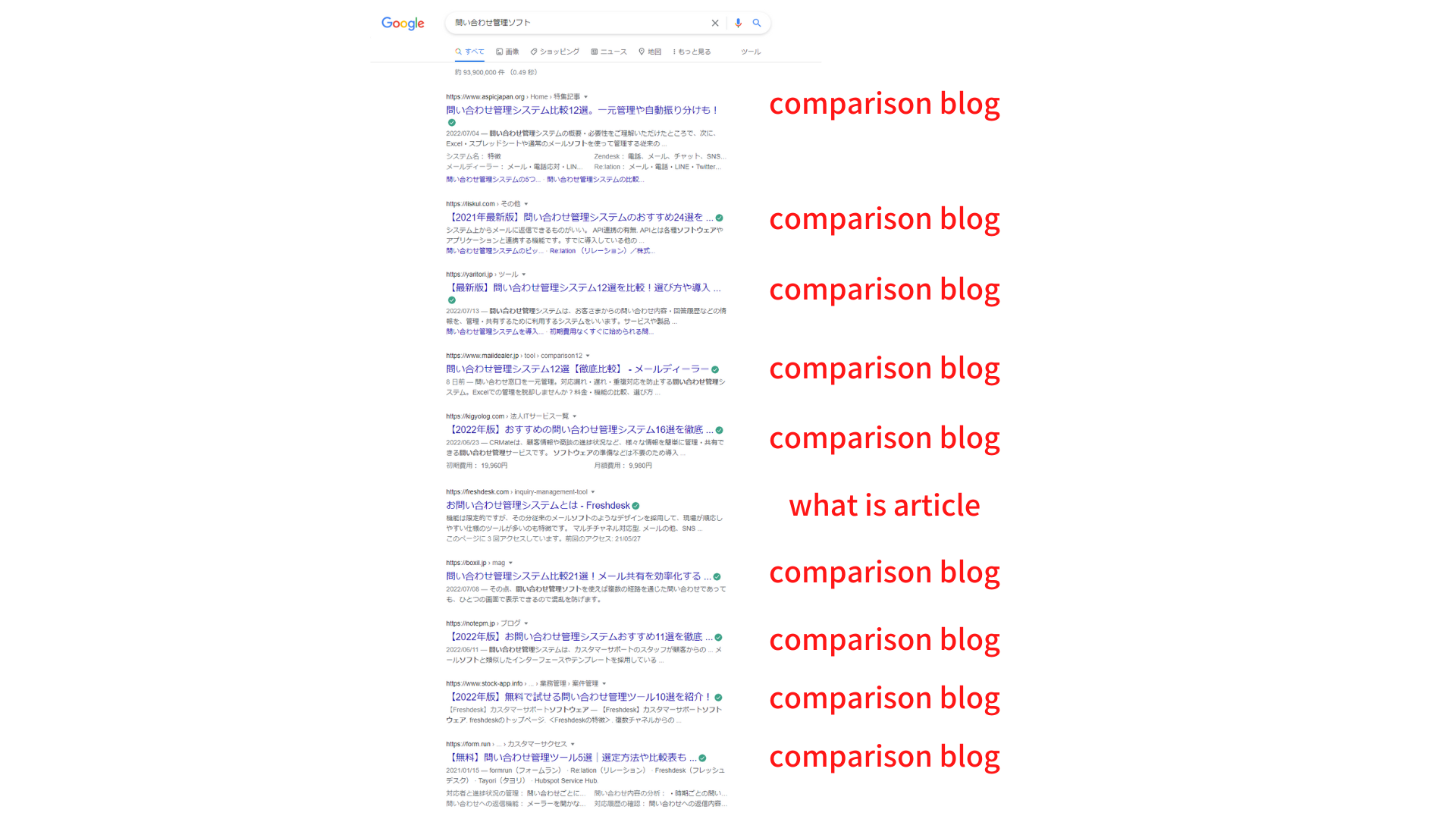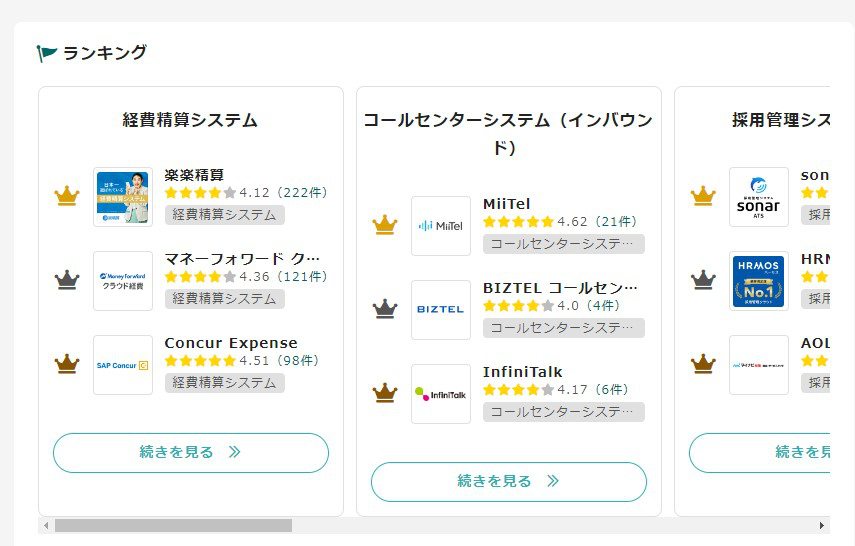JAPAN SEO

In this article, I, with more than 10 years of experience in Japan SEO, will explain in detail the key points and tips regarding Japan SEO.
What You Need to Know About the Japanese Language Before You Start SEO
Japan is a very diverse country, with over 100 dialects spoken across the country. Don’t let that put you off, though – you only need to care about standard Japanese when you’re optimizing your website and creating content.
One thing you do have to keep in mind, however, is that Japanese people don’t tend to have very high levels of English. This means that all of your content has to be in Japanese, as even a single word of English could mean that people leave your website. It’s also vital that you have a Japanese phone number, and Japanese-speaking support staff ready to help as English simply isn’t an option.
Dialects in SEO?
There are more than 100 different dialects in Japan, but SEO does not need to worry about dialects since Japanese people search in standard Japanese.
Are Japanese People Bilingual?
Japanese people speak only Japanese. Japanese SEO does not need to worry about anything other than Japanese. However, they are also very poor when it comes to speaking/writing/reading English. So when international companies translate a web page, please make sure that no English sentences are left. I often see Japanese pages of international companies with English sentences left over.
Japanese has 3 alphabets
There are three alphabets in Japanese, and these often cause a lot of confusion especially when it comes to keyword research. Hirigana is our basic alphabet, with 46 characters, which looks like this – わたし. Next, we have Kanji, which look a bit more like Chinese characters. The purpose of this alphabet is to help shorten the number of symbols needed in a word, and looks like this – 私. Finally, we have Katakana, which is used mainly to write foreign words, and looks like this – ワタシ. Just to make things even more complicated, the latin alphabet is used a lot nowadays, especially for words like IT.
The reason why these alphabets are so important is because there are different ways of saying something like a bag:

And these words below all mean egg!

When you’re doing keyword research, which alphabet should you be using? Unfortunately, there’s no simple answer as it really depends on the words as we’ll take a look at in a bit.
Subject – Make sure your site sounds natural in Japanese
In English, a subject such as I/We/Our company is needed. In Japanese, however, the subject can almost always be omitted. So, to make your website sound like it is written for Japanese consumers, try to align your use of subjects with Japanese common practice. In most cases, when translating English, omitting the subject such as I/We will make it sound more like natural Japanese. I often see many English-to-Japanese localized websites that use too much I/We, making the Japanese difficult to read.
Spacing
In Japanese, there are no spaces between words, however they often show up in keyword research tools. It’s important when this happens to know that even though they look like 2 separate keywords, they aren’t, so don’t be fooled by the fact they have different search volumes, too.

Examples of keyword research tools show different search volumes for the same word with different spacing.
Japan’s search engine market share
PC:
Google 72.3%
Bing 16.8%
Yahoo! 9.86%
source:
https://gs.statcounter.com/search-engine-market-share/desktop/japan/
Mobile:
Google:80.7%
Yahoo!:17.5%
source:
https://gs.statcounter.com/search-engine-market-share/mobile/japan
Yahoo! uses Google’s algorithm.(Search result is same.)
SEO in Japan is enough to consider only Google. (Advertising is different.)
However, AI is gaining momentum in Japan and this share may change in the future.
How culture impacts buyer behavior
Pricing
When it comes to pricing there’s a real mix of consumers in Japan. Some are looking for high-end goods, and others are looking for cheaper products.
Reviews
Japanese people love reviews and comparisons. The majority of keywords include +reviews (レビュー or 評価), +lists (リスト or 一覧), +word of mouth (口コミ) or +comparions (比較). When you look at Japanese SERPs, they’ll be full of comparison blogs, so you must have these (even if it means writing about your competitors!).

Making sure you’re also on review sites is also very important in Japan.

Many websites present their products/services in a ranking format. This applies not only to BtoC but also to BtoB.
Why foreign sites aren’t ranking
The most common reason why foreign sites aren’t ranking is because the strategy is a carbon copy of their English strategy, and also because the wrong keywords have been used in the content. This all links back to our four alphabets.
Here you can see the keywords for social media. By choosing the result at the top, you get much better search volumes.
ソーシャルメディア(6,600) – Social Media
SNS(110,000) – Social Media
And you can see it below with social media marketing.
SNSマーケティング(9,900) – Social Media Marketing
ソーシャルメディアマーケティング(390) – Social Media Marketing
This is why you mustn’t be just translating your English keywords because while neither of these translations is wrong, there’s a big jump in search volume.
Here’s one final example for the keyword mobile app, just to illustrate that a bit more.
スマホアプリ(8,100) – Mobile App
モバイルアプリ(1,000) – Mobile App
You can normally tell if it’s a keyword issue on your site if you have a popular product in Japan, but your traffic is very low. Another tip is that if you find two keywords with very similar search volumes, try creating a separate landing page for each keyword and A/B test which one works best.
Another issue could be that your products aren’t well-known in Japan yet, or there’s already a Japanese solution in place.
Japanese tech culture
Japan is a massive tech market and consumers are spoilt for choice. If you’re offering a product that has a domestic competitor, it’s really important that you find different ways to differentiate yourself, as Japanese consumers will always prefer a Japanese option when it comes to service and language, etc.
To do that, you can invest in the following:
Branding
You need a really strong brand presence to succeed in Japan, so make sure that you’re investing in Japanese PR.
Sales
It’s really important that you have a Japanese sales representative who knows the language and business culture. Face to face communication and word of mouth are really important in Japan, and you need to make sure that you follow up with new leads often.
Better tech solution
If you have better functionality or more users than your competitors, this will help you be successful in Japan.
Hire an agency
There are lots of tech marketing distributors in Japan, so getting an agency to help you in this area is really useful for foreign brands.
Local channels in Japan
There are a number of local channels that are very specific to Japan that are worth using.
LINE ads
Line is a chat tool used by over 92 million people. It’s got plenty of ad solutions, especially for B2C solutions.
https://www.lycbiz.com/jp/service/line-ads2/
Yahoo! Ads
Most SEOs and PPC managers tend to forget Yahoo, but it’s really important in the PPC space. Most Japanese companies split their PPC budgets 50/50 between Google and Yahoo, and the best thing is that foreign companies aren’t really using it. So, if you invest in Yahoo PPC, you’ve instantly got an advantage.
https://www.lycbiz.com/jp/service/yahoo-ads/
Note
Note is a Japanese blogging service that has over 63 million MUAs and is a great choice if you’re looking for a blogging platform like Medium.
Tech media
Here are some popular tech media sites, which would be great for foreign tech companies expanding into Japan.
https://boxil.jp/
https://internet.watch.impress.co.jp/
https://atmarkit.itmedia.co.jp/
https://xtech.nikkei.com/
https://prtimes.jp/
https://www.itreview.jp/
https://kn.itmedia.co.jp/
Japanese SEO Best Practice
URL
Should I use English for URLs? Or should I use Japanese?
For URLs, I recommend using them in English. This is common for SEO in Japan because using Japanese URLs makes the URLs very long, which is not visually appealing, and also makes them difficult to analyze.
About Slashes (/) and Slaches(-)
The question of whether to use slashes or hyphens in URLs is a difficult one.
The advantage of using slashes is that subfolders are clearer. Also, if you have a large website with more than tens of thousands of pages, it may be difficult to update the URLs because each subfolder has its own development team.
Example:
/car/ev/
On the other hand, using hyphens has the disadvantage of making the page structure difficult to understand. This is not a problem if all pages are managed in a spreadsheet, but in most cases, as the number of pages increases, it tends to become difficult to see the entire website.
Example:
car-ev
From my experience, I feel that it is important to control the importance of pages by internal links rather than worrying about differences in URLs, and we adjust internal links so that they are directed to more important pages.
Title
Title is very important in SEO because it is often displayed in search engine results and is also used as a ranking factor.
Title separator
Dashes (-), vertical bars (|), and dots (・) are also used as delimiters, and are often used to embed keywords naturally. If there is no particular reason, put the target keyword at the beginning of the title, to the left, to increase the likelihood of the keyword appearing in bold in the SERPs, thereby increasing the click-through rate.
Also, Google will automatically shorten the title or use H1 in the SERPs if it contains too many characters.
description
The description is a short sentence summary of the page content. In addition to the target keywords, sub keywords and additional keywords related to the target keywords can be embedded. However, the importance of description has been decreasing recently, and search engines are now able to check page content more closely.
Product Name
When considering SEO, is it better to use Japanese product names? Or is it okay to keep it in English?
Product names should be considered not only for SEO and branding, but also for recognition and ease of understanding of the product name. In my experience, SEO is not affected whether the product name is in Japanese or English. Although it is difficult to make a general statement because there are many different cases, many companies have had SEO success with both English and Japanese-localized product names. What is important is that you need to use Japanese target keywords in the title, description, and page copy text of the pages you want to get traffic through SEO.
Using Japanese target keywords in the meta information often solves the problem of product names and SEO.
Are you targeting new users or repeat customers with SEO?
The users you target with SEO are basically new users who have no knowledge of your product or brand.
For example, a user searching for the keyword “Toyota” on Google is usually a user who wants to access TOYOTA’s official page, not a user who should be targeted with costly SEO. SEO targets users who are searching for keywords that do not include the company’s brand name, such as product category keywords like “electric cars” in the automotive industry. In this case, users do not know about the company, so it is necessary to prepare easy-to-understand page content for new users.
About Me
I am a Japanese SEO consultant from Yokohoma JAPAN. I’ve been working in content and SEO for well over a decade, and has a passion for writing. My main area of expertise is helping foreign companies understand the Japanese SEO market.
FAQ – JAPAN SEO
Google is the most used search engine in Japan.
Japan’s search engine market share is below.
PC:
Google 72.3%
Bing 16.8%
Yahoo! 9.86%
source:
https://gs.statcounter.com/search-engine-market-share/desktop/japan/
Mobile:
Google:80.7%
Yahoo!:17.5%
source:
https://gs.statcounter.com/search-engine-market-share/mobile/japan
However, AI is gaining momentum in Japan and this share may change in the future.
Yahoo is a local search engine in Japan, but Yahoo actually uses Google’s search algorithm. Therefore, there is not much difference in rankings between Google and Yahoo.
Yahoo has been using Google’s search algorithm since 2010, so there is no difference in ranking from Google.
source:
https://japan.googleblog.com/2010/07/yahoo-japan.html
It may differ depending on the timing of the search. Also, Yahoo ads and Yahoo’s own services are displayed in organic search results, so they look different.
For SEO in Japan, you only need to care about Google.
What a company that is not yet engaged in SEO should do first depends on the SEO level of its current website.
For example, if you do not have a website, you need to start by creating one. If you have a website but only about 10 pages, you need to create new pages and content to increase impressions. If you already have dozens to hundreds of pages of content on your website, but you are losing rankings to the competition for the keywords you are targeting, you should conduct keyword research to see if your target keywords are appropriate, optimize your pages based on each target keyword, embed keywords, and check for SEO competition. After checking the page content, rewrites and additions to the page content will be necessary.
As with any service, not just SEO, hiring a professional can drastically reduce the speed of the process. The work time is the same, and in the case of SEO, the speed at which results are achieved can be greatly reduced compared to doing it on your own.
The reason for this is that SEO companies and freelancers specialize in SEO and support SEO for various sizes and types of businesses, so they have by far the most accumulated know-how. Of course, they have not only successful cases, but also many unsuccessful cases. Failed cases can be improved, and successful cases can be horizontally deployed on various websites to check the results, thus reducing the probability of SEO failure.
On the other hand, there are of course advantages to doing SEO on your own, such as no new budget, the ability to accumulate know-how in-house, and no need to manage SEO agencies or freelancers. Although the opposite of these advantages, it still takes time to accumulate know-how because various PDCA cycles must be performed before success is achieved. In addition, SEO often takes a long time to produce tangible results, and it is often difficult to gain recognition within the company. Although there is no external budget, someone in the company will of course spend time working on SEO, and if the results do not produce the desired results, the budget for continued SEO will decrease.
It is necessary to consider the advantages and disadvantages of hiring a professional SEO agency or firm.
The quickest way to find out your SEO competition is to search for your target keyword on Google. The website that appears at the top of the organic search results for that keyword is the best competitor, so take a closer look at that web page.
What keywords are attracting visitors, what are the title, description, and H1, what kind of text, images, videos, and other content is on the page, how much volume is on the page, how often is it updated, and how many internal and external links are there, etc. Once I have completed each of these checkpoints, I will fill in the gaps between the client’s website and the competitor’s website. If I find that the client’s website does not have enough content, I will increase the content, and if I find that the client’s website does not have enough internal links, I will increase the internal links.
After that, I will monitor the target keywords for several months to see if they are improving in search rankings. I will continue to monitor your site so that you can achieve the number one position. If the clients’ websites are still not ranked #1 after a few months, it means that something is still missing, and I will continue to work on finding it and closing the gap.
When conducting keyword research, you need to find out the search volume of your target keywords. Search volume is a very basic number for SEO. There are some free ways to find out, but since it is a very important indicator, I recommend using a paid tool.
I mainly use Google Keyword Planner. You cannot apply for the tool by itself, and you need to be running a paid campaign with Google Ads. I use many keyword tools in combination, but Google Keyword Planner is the most accurate and the fastest to reflect the search volume of new keywords.
SEMrush, Ahrefs, MOZ, Keywordtool.io, Mangools, and Dragon Metrics are also commonly used by companies.
Also, when using keyword tools, it is important to compare them with the same keyword tool. Especially in the case of Japanese, search volume often differs greatly depending on the keyword tool. The presence or absence of spaces often changes the value by several thousand units, and search volume fluctuates considerably for keywords that mix katakana, alphabets, kanji, and other characters.
Also, for some keywords, it is not possible to check the search volume. For example, keywords related to medical care often do not show up on keyword tools. If search volume for a well-known keyword does not appear, it is possible that the search volume is not disclosed for some reason.
Basically, there is nothing we can do about individual Google algorithm updates. If the ranking is temporarily lowered due to the algorithm, the ranking will return if the website content is good for users, and if not, it means that the website content is inferior to the competition.
Continuous SEO improvement is necessary to recover/improve rankings. If we can consistently provide high-quality and useful content for users, we will be able to get steady traffic even with future Google algorithm updates.
